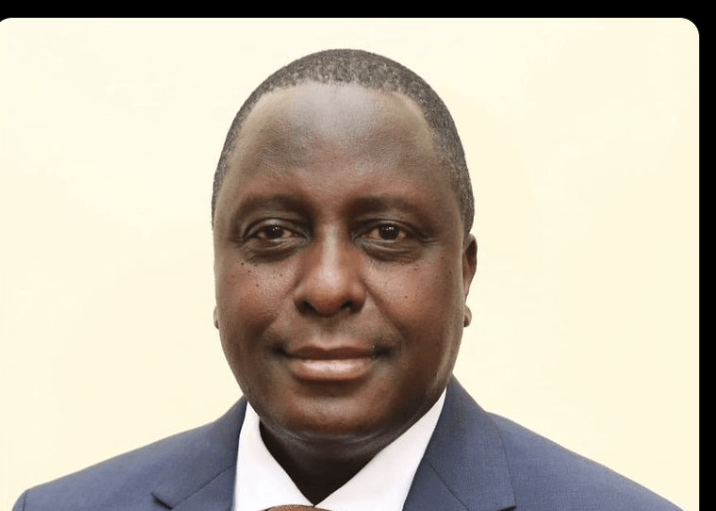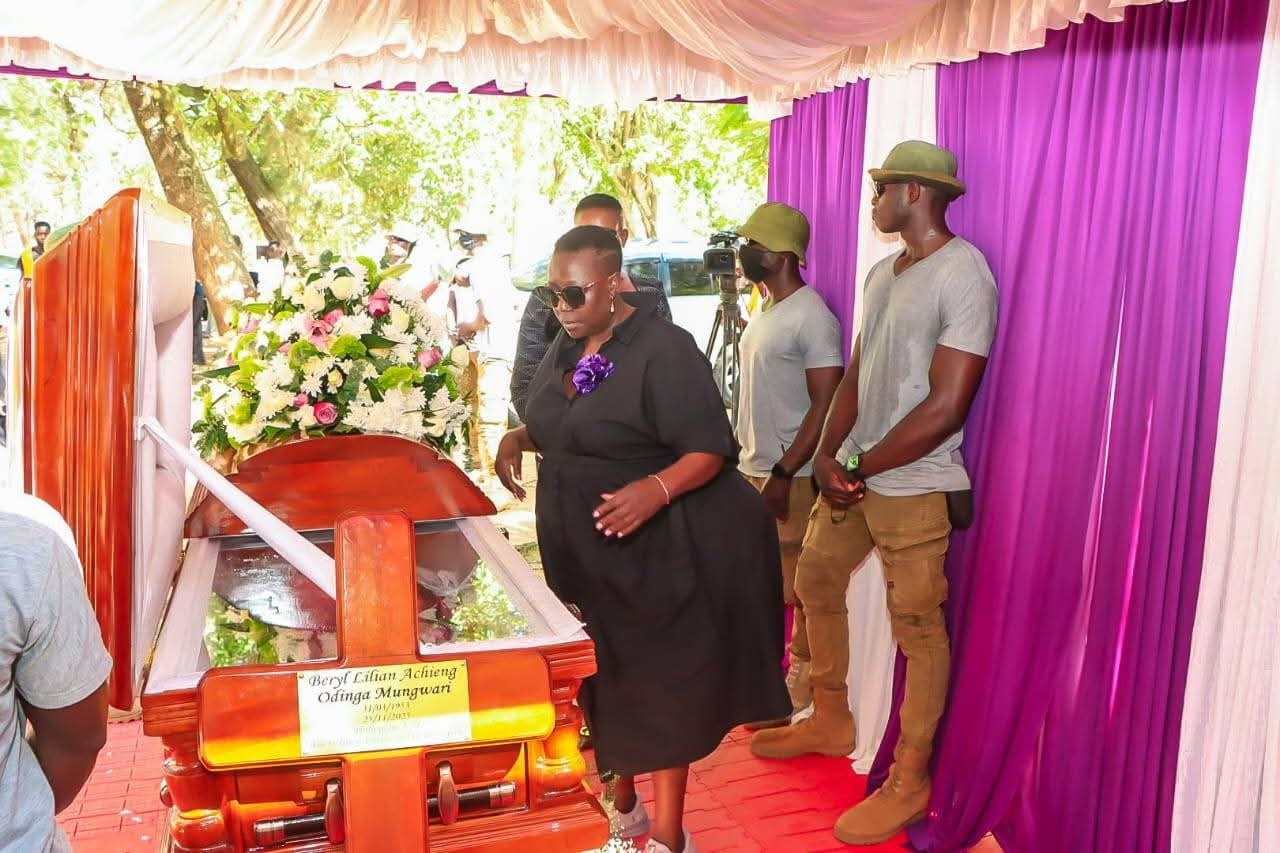For almost three decades, the National Police Service Forensic Laboratory has been under construction amid claims of graft.
Te Sh4.1 billion facility has been completed and is already operating at DCI headquarters in Nairobi.
The service had been relying on foreign and private laboratories in South Africa or Europe to conduct tests for evidence.
President Uhuru Kenyatta on Monday will open the facility.
It is expected to fast-track investigations of serious crimes, including terrorism, murder, robbery with violence, cyber-crime and rape, among others.
The forensics lab is also expected to help unravel difficult cases that have been difficult to crack.
DCI boss George Kinoti termed the developments historic.
“The laboratory is now fully operational and has been a game changer in the way we investigate and scientifically solve crimes,” he said.
He said the lab will be used to analyse samples and exhibits that would form part of evidence against suspects.
Its work will include cybercrime analysis, chemical analysis, forensic ballistics, scene-of-crime analysis, biometric and fingerprints analysis and bomb and explosives analysis.
Others will be DNA testing, photographic, video and audio analysis, biological and chemical testing and quality control, among others.
Kinoti said crime has become more sophisticated and involves technology. The lab will help law enforcers catch up.
“The laboratory will help us back up what we have been doing with scientific proof. The success rate in the prosecution of cases will go up,” Kinoti said.
He said it will ensure court cases are backed by well-documented evidence, increasing the chances of successful prosecutions.
Plans to set up the lab began in the 1990s under President Daniel Moi but failed due to corruption scandals.
The initial plan for a Sh4.1 billon billion facility stalled in 2003 after it was linked to the Anglo Leasing scandal.
The physical structure was completed in late 2015 before it was equipped.
The laboratory had been described as a security flagship project under Vision 2030, and was to be completed under the First Medium Term Plan (2008-2012).
Despite being classified under the security, peace building and conflict management sector, the project failed to take off until March 2014, when the current administration launched it.
The government has invested heavily in the works and has installed state-of-the-art equipment in the 10 scientific sections of the laboratory.
They include Forensic Fingerprint Identification, Document Examination, Ballistics, Chemistry, Biology, Imaging and Acoustics, Evidence Management, Crime Scene Investigations, Digital and the Forensic Bomb and Hazardous Materials Laboratories.
DCI experts have been trained locally and internationally, and have been deployed to their areas of specialisation.
Among the crucial departments is the cybercrime section, which handles forensic examination of computer and mobile phones.
Others are maintenance of inventories of digital evidence, analysis of deleted and active files, location and analysis of data in ambient data sources, and recovery of deleted or encrypted emails, SMS, videos and internet sites.
The cybercrime section can uncover passwords, analyse Sim cards, extract data from mobile phones. Its officers and experts can present expert forensics evidence in court.
Last year, the German government donated Sh26 million in forensic lab equipment to the DCI for the lab. It included cameras and simulation of crime scene tools.
One of the biggest sections will be Digital Forensic Laboratory (DFL), which will identify, seize, acquire and analyse all electronic devices related to all cyber-enabled offences.
It will collect digital evidence to be presented in a court of law for prosecution.
DCI is working closely with other agencies, including the Ministry of Health, in crime prevention and detection.
Earlier this year, the British High Commission donated Sh4.5 million in forensic medical equipment to the ministry.
It will improve investigations into terror attacks, especially those resulting in serious injuries and deaths.
The equipment will be vital in investigation and prosecution. It includes a mobile mortuary and post-mortem equipment, which will enable prompt investigations at the scene of attack, in hospitals and mortuaries.
British High Commissioner to Kenya Jane Marriott said the equipment will increase the capacity of the pathology and forensics unit at the Kenyatta National Hospital and improve disaster response.
(Edited by V. Graham)
“WATCH: The latest videos from the Star”















